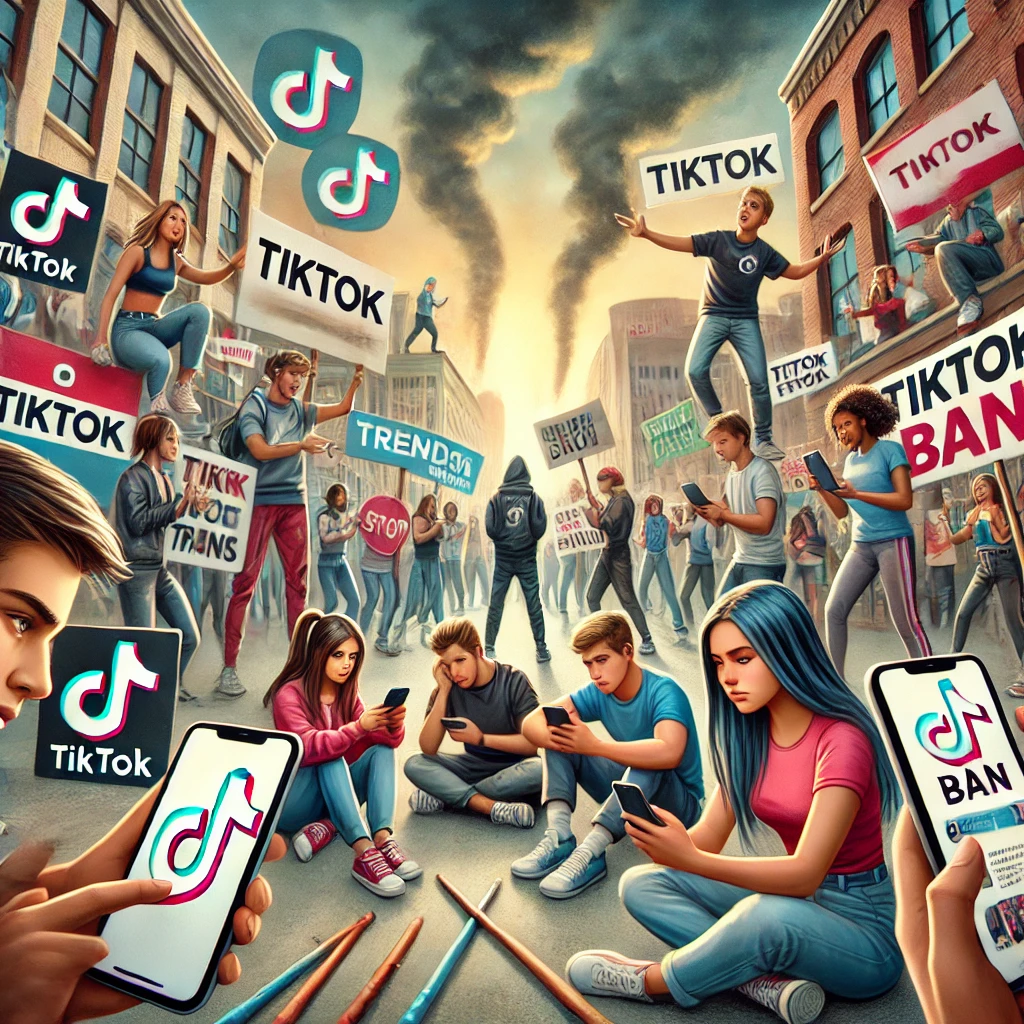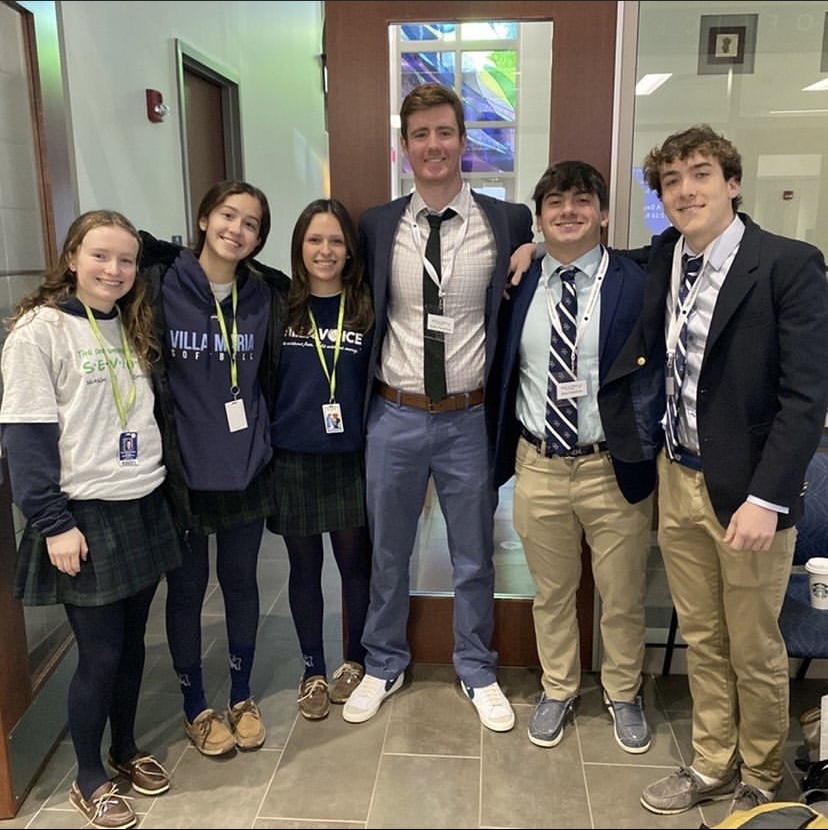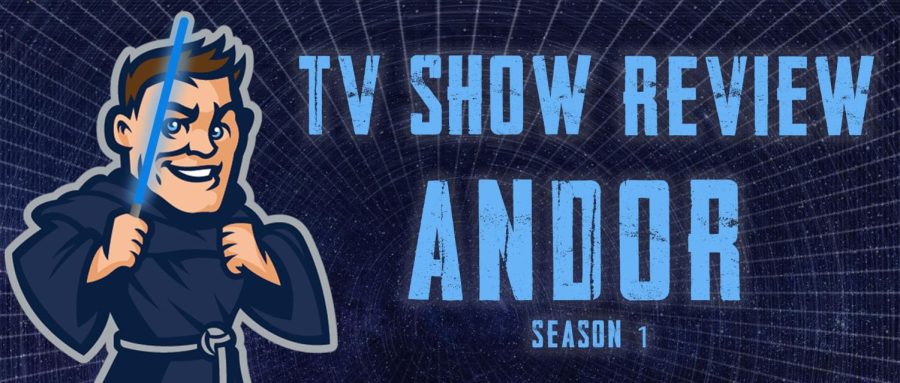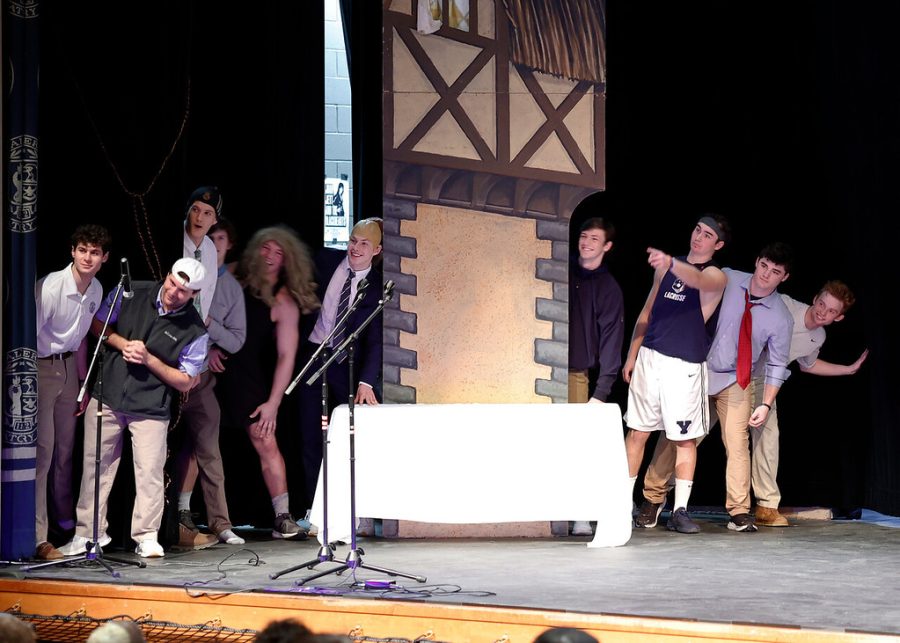Textbooks teach the Civil Rights and the Harlem Renaissance like they are points in American history completely separate from the regular. This is not the case.
In 1955, 14-year-old Chicago boy Emmett Till visited his cousins down in Mississippi.
He was standing outside of a grocery store and essentially catcalled at a white woman. He whistled at her, maybe gave her a flirtatious one-liner.
A few days later, a group of men stormed Till’s house in the middle of the night and took him hostage.
Four days following the grocery store incident, Till’s corpse was found in a creek, tied to a wheel so that it would sink to the bottom. When his body was returned to his mother, she insisted that he be given an open casket, public-service funeral.
“The world needs to see what they did to my baby,” she said.
Till’s youthful dead image was plastered on the front page of newspapers across the country. His story was used as a symbol for the civil rights movement. People from everywhere in the U.S. for the first time agreed that what happened to Emmett Till, and black people lynched before him, was wrong.
You might have actually heard of Till recently. His picture was displayed on a monitor in Duffy for Black History Month. I heard this story when I was young, and again only a few months ago. I didn’t recognize it the second time and was shocked to realize this was a story that I was told by my family once before.
It troubled me—not that I couldn’t remember the story, but that if it wasn’t for my surrounding community of other African Americans, it wouldn’t ever reach my ears.
So, the realization came to me that this story would never reach the ears of other communities, communities that included some of my peers. Now, this wasn’t necessarily surprising. It can easily be seen how minority groups will have more consideration for particular stories in the civil rights movements or immigration policies.
Admittedly, I can understand why someone wouldn’t want to learn about historical figures and events that may seem insignificant on the grand scale of things but hold substantial meaning to a different culture.
I’m not going to hold it against someone of any race who doesn’t know about the story of Emmett Till or know the importance of a day like Juneteenth. What you learn in school is bias and history of those whose write the books and teach the classes. What I can’t accept is that the stories you don’t hear are seen as unimportant. They are still very much history.
There are probably millions of Italian Americans that eat fish on Christmas, or Irish families that follow Irish traditions. (I don’t know of any Irish traditions—I probably should, as a Malvern student). But the longevity of slavery in this country has kept many black traditions repressed, and the ones that emerged within the U.S. were born out of the struggle and pain of being black in America.
Because of this, black history, and by an extent black culture, can be all-too-easily diminished to only be seen as a march for freedom. Wide-spread celebration of black history is restricted to the month of February. Blacks had to separate in order to allow their new slavery-free lives to flourish. Jazz and swing bands turned into an up hip-hop and rap, new ways to express oneself. Blacks were brought onto television as the main characters through Black Entertainment Television (BET). This occurred in other minority groups in the U.S., as if they have to stay away from white culture.
Since the times of chains and lynch mobs (not gone today, but not nearly as prevalent), African Americans are now trying to find a place in what is now also their country.
When learning about black history in the U.S., you may hear about the Underground Railroad and the Black Panther movement (not the movie. Please don’t think I’m talking in any way about the movie).
But media today often packages topics like racism and slavery as something of the distant past. If it weren’t for African American community, stories like these would’ve been loss to this “forgetfulness”. For our grandparents, it could’ve touched their lives. Parents teach their black children the tribulations of their ancestors so they won’t forget their roots. Movies today like “Twelve Years a Slave,” and “The Book of Negroes” are trying to convey the woes of slavery that masses have forgotten about.
This forgetfulness of the American people also extends to pop culture. Jim Crow created a norm for people to judge entire races of people based off of what is portrayed through media and propaganda. It has taken decades to break down racist images of black people as unintelligent, uneducated savages.
Today, that repression takes a new form in stereotypes about black culture, hair, style, and interactions. The black male is thought to only be successful in the streets, and the black female is riddled with many social boundaries to stop them from being seen as equal to their white counterparts.
Progress for the African American is relatively recent, and there is still much to be done. The divides that separates people of color from the white majority are finally being seen as obsolete, and there are progressivists of every race. But it hasn’t always been this way, and the past hundred years alone can attest to that. What can’t be allowed is the mindset that the events of the past should be separate from the future we are trying to create. To grow as Americans and as a society we must look back at our mistakes so we can look toward our future.
To be clear, I personally have no anger towards any particular group for the African American struggle. No one can be blamed for wanting to put such an awful part of history behind us. But that history is American history and no one can be allowed to pretend like it is something different.
The death of Emmett Till and the cries of his mother should not be taken in vain. But that’s just my opinion.






